An Interview with Dorsu
(Makers of Ethically Made & Ethically Traded Apparel)
My name is Hanna, and I’m the Managing Director and Co-Founder of Dorsu.
What inspired the creation of your company, and when did it start?
Dorsu started as a means of raising funds for Chumkriel Langauage School (CLS). CLS is a Cambodian operated organisation that provides education and support services to the local Kampot community. CLS offer English classes, computer workshops, agricultural programs and creative arts activities.
Since 2008, Dorsu has been producing clothing in Kampot with a small production team, managed and run by the two founders, myself and Kunthear Mov. In the last 2 years, we decided to scale Dorsu and have since evolved into a destination brand selling everyday cotton jersey basics to locals and travelers.
Dorsu aims to become an industry leader through embodying a conscious lifestyle and being a brand that is committed to challenging the traditional concepts of clothing production and consumption.
What is your brand’s mission, and what causes drive you and your team?
Dorsu is about being real. We are people making clothing for people, embodying a conscious and mindful lifestyle. We are committed to challenging the current global fashion industry through a strong and progressive business model, the production of well-designed clothing and a voice of inclusive conviction.
Our vision is a world where clothing isn’t seen as disposable and where ethical manufacturing isn’t seen as charity.
Our company values keep us focused and motivated.
Buy Better: Be informed, seek well designed and well made products.
Travel Often: Be curious, explore, experience and appreciate.
Be You: Be honest, be real and own it. You are great.
How is your brand socially responsible?
Dorsu is socially responsible because we operate as we believe any business should.
Fair and safe employment is the responsibility of every company. At Dorsu, we treat our staff how we would want to be treated as an employee, placing personal safety and a healthy work environment extremely high on our list of values.
This is what employment looks like at Dorsu:
– Permanent contracts reviewed annually and a 5 day working week
– Salary: Base wages that exceed the Cambodian-legal minimum, monthly performance-based bonuses and optional 6th day at overtime rates during busy periods.
– Hours: 9-hour working day including 1-hour lunch and 2 x 15min breaks.
– Leave: Annual leave accrued, main national public holiday, sick and personal leave, maternity and paternity.
– Safety: Equipment, operations and fire safety policies strictly adhered to, on-the- job safety training and equipment maintenance.
What does your brand do to lower its ecological impact and/or promote environmental health and well-being?
We reduce our impact mostly through our internalized operations. We purchase remnant fabric in Cambodia and we produce in our own production studio here in Kampot. We design and pattern make to create as little waste as possible, and use all leftover fabric to make underwear and packaging. Design, production, packaging and distribution all happen under one roof.
In addition to this, we do the following things to minimize our impact on the surrounding environment and contribute to a healthy world.
– Packaging: Made in-house using our fabric scraps.
– Swing tags: printed on 100% recycled card using vegetable ink, non-bleached string & safety pins.
– Neck and care labels: Polyester Certified Oeko-Tex® Standard 100 for harmful substances.
– Chemicals: No harsh chemicals used onsite and chemical-free cleaning products (including pre-washing garments).
– Screen printing: Pthalate-free ink.
– Plastic: we actively seek alternatives to plastic and limit our plastic use.
Does your company perform animal testing and/or use animal-based ingredients in your products? Why or why not?
We do not make or sell any products that are derived from animals or involve animal testing in any way.
Where does your company make/manufacture your products, and why?
All Dorsu products are designed, sampled, produced and packaged in-house in our own production studio in Kampot, Cambodia. We have a converted warehouse space that houses our office, production space and our studio store. We also have a Flagship Store in Kampot, our first ever Dorsu space right in the heart of town.
Dorsu is based in Kampot because that is where it was founded. Our roots and our purpose are here in Kampot, and we couldn’t imagine being anywhere else!
Describe your design philosophy – how do you balance quality and affordability?
All our designs are made through a collaborative process. Driven by our designer, our management team are working together to build out collections that are target market specific, made well, good quality and affordable. Our designs are made for travel, work and home, where we design transeasonal clothing for the global traveler and the conscious shopper.
We produce in small runs, adapting to fabric availability. As we produce and sell from the same location, we are able to respond to customer needs and ensure we are creating the best product for our customer.
Tell us a little about the ingredients/materials you use. Generally, why did you pick them over other options?
We use remnant cotton jersey fabrics that are sourced from suppliers who purchase fabric as ‘waste’ from the major garment factories throughout Cambodia.
An entire fabric industry in Cambodia exists off the back of an incredibly destructive global garment production industry, and we are proud to be a part of a network that uses this wasted fabric to create good quality garments.
We use mostly cotton jersey because it is a versatile, easy wearing and easy care fabric that is in an abundance here in Cambodia.
What are the next steps for your company?
In 2016 we renovated an old warehouse building and have since moved all of our production and offices over into a bigger and brighter space. We have opened our second store in Kampot, built out our brand, released our second major collection online and now ship direct to customers all over the world.
Now, we hope to continue our growth by spreading our reach and therefore spreading our impact. We have big plans in the works for fabric, product and location.
We also produce custom printed clothing for companies who want to change the way they source their apparel and we now have the space to grow this part of the business. With growing this, we hope to be an industry leader in changing the way businesses and organisations operate their supply chains and realize the impact their buying behavior and purchasing power has.
How do you view the future of conscious consumption?
We see a need for ethical fashion to become ethical in the true meaning of the word- to be accessible and affordable to all those that may want it. Currently, we tend to look around at the ethical fashion industry and see a lot of exclusivity in terms of price, design and who products are targeted at.
Beyond fashion, conscious consumption across all aspects of a lifestyle is a challenge, and one which many people don’t necessarily want to face. We believe however that having an awareness is the place to begin. If you can be aware that perhaps one decision has a greater negative impact over another decision, then things can start to change. We get that not everybody can do everything, and that not everybody is in the position to buy organic locally grown food. But we want to provide an alternative for those who can, for those who want to choose an ethically produced t-shirt over a mass produced t-shirt that causes harm along its supply chain.
As a parting sentiment, if you could only use one word to describe your brand ethos – what would it be?
Dorsu. In Khmer, Dorsu means to try hard, to persevere.
Have a question? I’ll answer.
The People. The Brands.
Hippie Soulstice: Everyday Eco Ethical Fashion, Handmade w/ Upcycled Fabrics
An Interview with Aesthetic Content
We interviewed Patrick, Founder of Aesthetic Content, to learn how his company crafts their minimalist, sustainable decor, and to hear how sustainability and design can work together harmoniously.
Minimalist Decor, For Any Modern Living or Bedroom (Sustainable Cork)
A Few New & Popular Yoga Essentials: Eco Friendly & Ethically Made
4 Eco Ethical Fashion Basics: Trendy, New Holiday Gifts by Anchal
Green Kitchen Makeover: 4 Best Eco Friendly, Bamboo Kitchen Utensils
Get on the list.

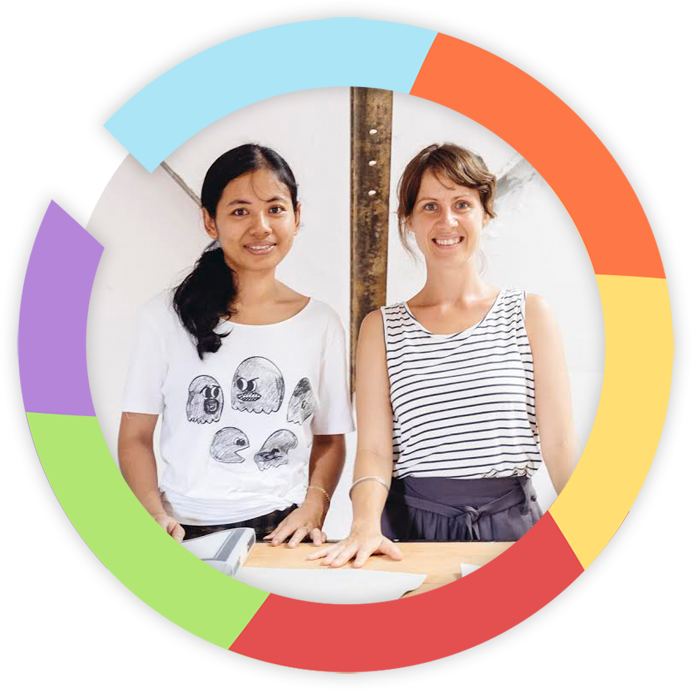











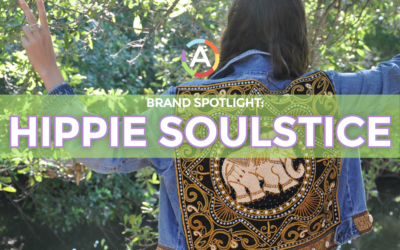
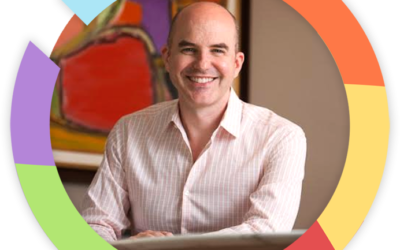


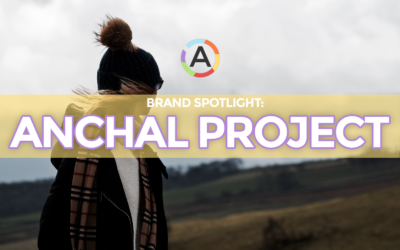

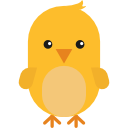
0 Comments